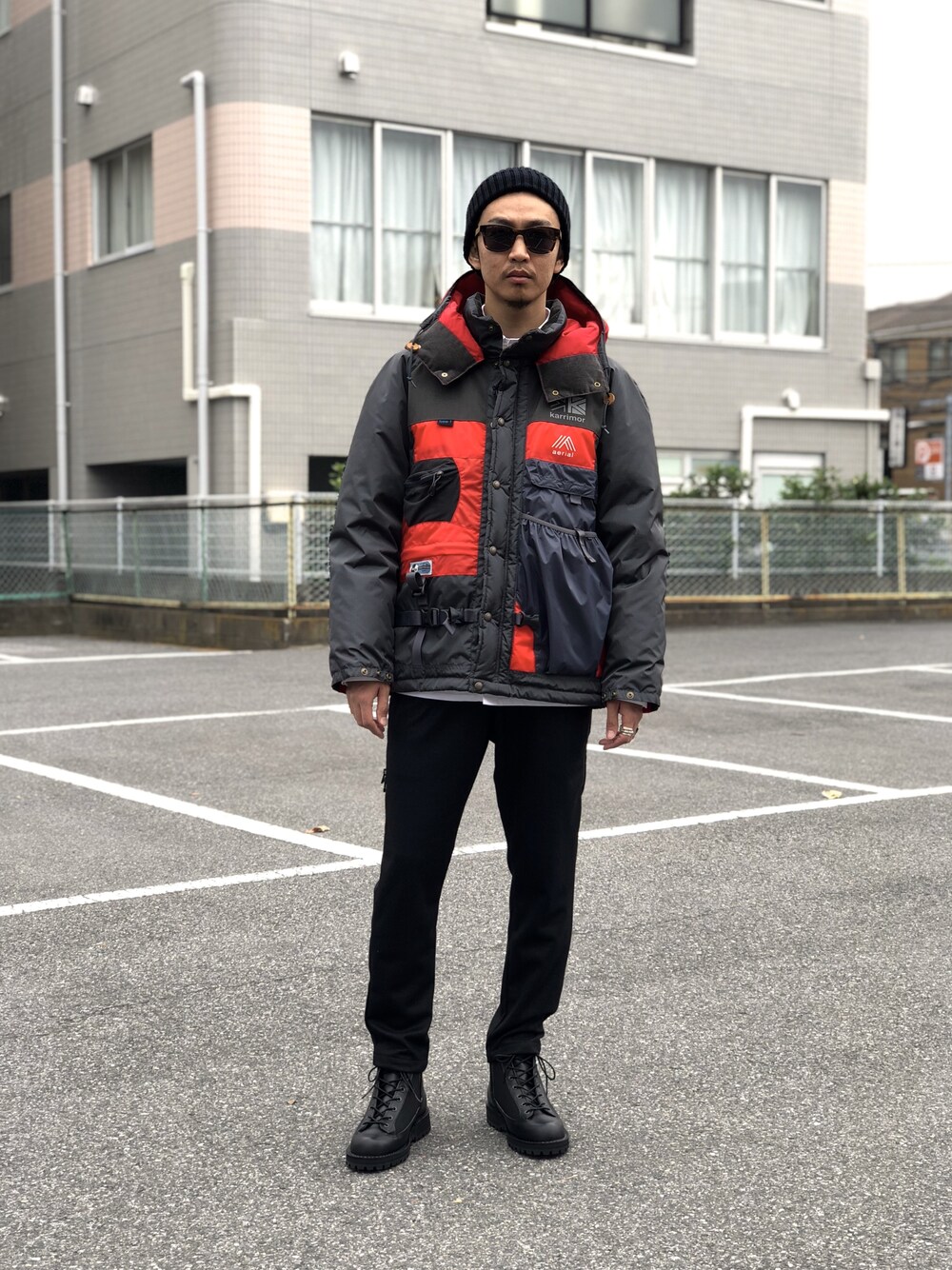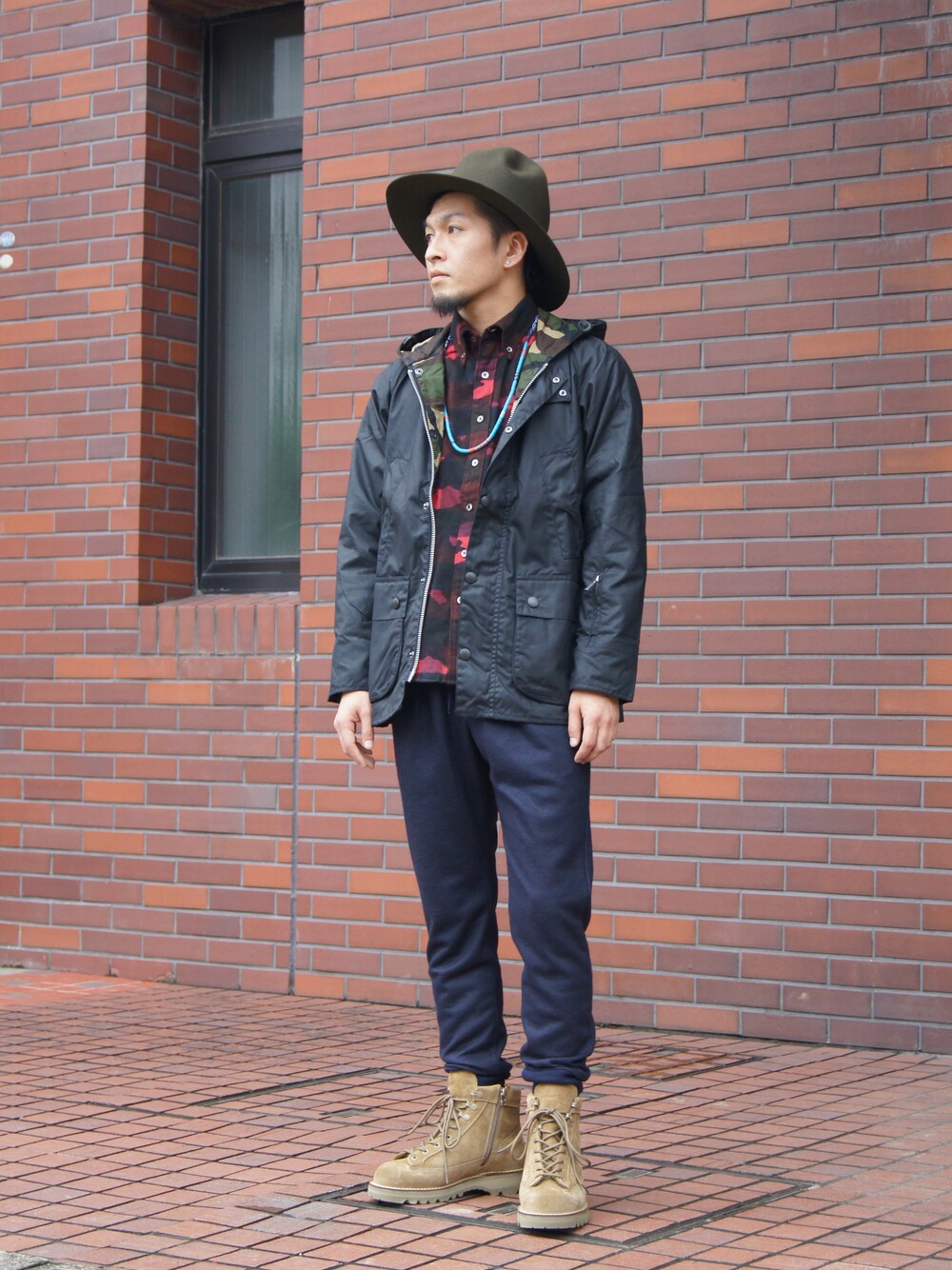

We might pass over with a shiver the word “disappearance,” with its unfortunate associations, and say to ourselves, once again, that this was war: insurgents were busy killing American soldiers and had to be rooted out, even if it meant one or two innocent civilians were sucked up into the system. Many were left without news for months, often fearing that their relatives were dead. Similarly, they rarely informed the arrestee or his family where he was being taken and for how long, resulting in the de facto “disappearance” of the arrestee…. In almost all instances…, arresting authorities provided no in formation about who they were, where their base was located, nor did they explain the cause of arrest. However frightening such nighttime arrests might be, Iraqis could at least expect that these soldiers were accountable, that they had commanding officers and a clear chain of command, that there were bases to which one could go and complain. Of course, this is war those soldiers had intelligence to gather, insurgents to find, a rebellion to put down.

Sometimes they arrested all adult males present in a house, including elderly, handicapped or sick people…pushing people around, insulting, taking aim with rifles, punching and kicking and striking with rifles. They arrested suspects, tying their hands in the back with flexi-cuffs, hooding them, and taking them away. Salih came strongly to mind as I read one of the less lurid sections of the Red Cross report, entitled “Treatment During Arrest,” in which the anonymous authors tell how Iraqis they’d interviewed described “a fairly consistent pattern… of brutality by members of the arresting them”:Īrresting authorities entered houses usually after dark, breaking down doors, waking up residents roughly, yelling orders, forcing family members into one room under military guard while searching the rest of the house and further breaking doors, cabinets and other property. I thought of Salih and his impatience as I paged through the reports of General Taguba and the Red Cross, for they treat not just of “abuses” or “atrocities” but the entire American “liberation” of Iraq and how it has gone wrong they are dispatches from the scene of a political disaster. “The Americans,” he said, “ provoke the people. He leaned back and looked at me, then tried one more time. No sleep-we cannot sleep until we have revenge. The shame is a stain, a dirty thing they have to wash it. Their duty is to attack them, to wash the shame.

It is the duty of that man, and of that tribe, to get revenge on this soldier-to kill that man. This is a great shame, you understand? This is a great shame for the whole tribe. It is a shame for the foreigners to put a bag over their heads, to make a man lie on the ground with your shoe on his neck. It is a shame for them to have foreigners stop and search their women. Finally he interrupted my litany of questions, pushed his face close to mine, and spoke to me slowly and emphatically:įor Fallujans it is a shame to have foreigners break down their doors. The young man-I’ll call him Salih -listened, answered patiently in his limited but eloquent English, but soon became impatient with what he plainly saw as my American obsession with categories and particulars. How many of the attacks, I wanted to know, were carried out by foreign fighters? How many by local Islamists? And how many by what US officers called “FRL’s”- former regime loyalists? I inquired of a young man there why the people of that city were attacking Americans more frequently each day. Last November in Iraq, I traveled to Fallujah during the early days of what would become known as the “Ramadan Offensive”-when suicide bombers in the space of less than an hour destroyed the Red Cross headquarters and four police stations, and daily attacks by insurgents against US troops doubled, and the American adventure in Iraq entered a bleak tunnel from which it has yet to emerge.


 0 kommentar(er)
0 kommentar(er)
